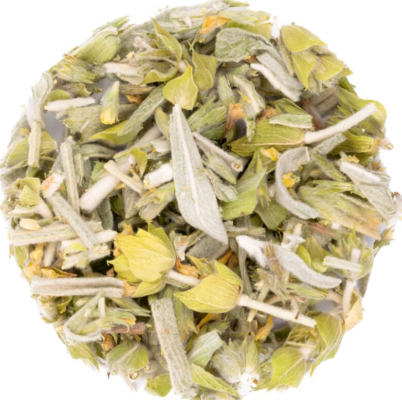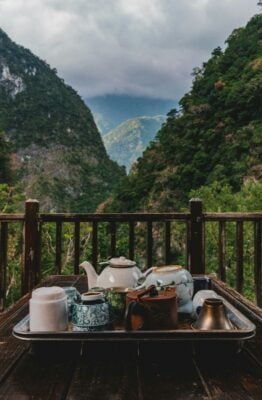Competition, games of skill, luck, or both, has captivated us human beings since the beginning of time. So naturally, we find a way to make a game out of almost anything, and tea is no exception. This article will delve into the practice of Tōcha, a Japanese form of friendly competition in tasting tea that was popular during medieval times.
Most agree that the practice of Tōcha originated during the Tang dynasty (618 – 907) in China, before finding its way to Japan in the Kamakura period (1185-1333). As tea became more popular in Japan, people began cultivating it all over the country. However, there proved to be quite significant differences in quality from one region to the next, with the region of Toganoo in the suburbs of Kyoto producing the finest tea, known as “honcho” or “real tea”. The first Tōcha competition was held to try and distinguish honcho from the other teas.

As tea production in Japan continued to evolve, and other teas like the ones produced in Uji City started to reach the quality of honcho, the competitions evolved as well. “Juppukucha” or “Ten Cups of Tea” became the most prominent form of Tōcha: The tasting included three kinds of tea, all tasted three times, and one tea tasted a single time, all served in random order of course. The goal was to identify as many of the teas correctly by their place of origin. This process was sometimes repeated to as many as 50 or even 100 cups of tea per session.
Tōcha competitions were quite rambunctious and lewd in nature; it involved high levels of gambling, with extravagant prizes like silks, weapons or jewels for the winner, not to mention a certain level of notoriety and esteem. Alcohol was also featured prominently at these gatherings, and combined with its raucous nature Tōcha events weren’t loved by everyone. In the fourteenth century, shōgun Ashikaga Takauji placed a ban on the contests, deeming it hedonistic entertainment, although its popularity endured with the more eccentric members of society.
Despite its reputation and decline, it is widely argued that these Tōcha events opened the door for practices which involved drinking tea outside of the monastery, and ultimately gave way to the traditional Japanese tea ceremony.



